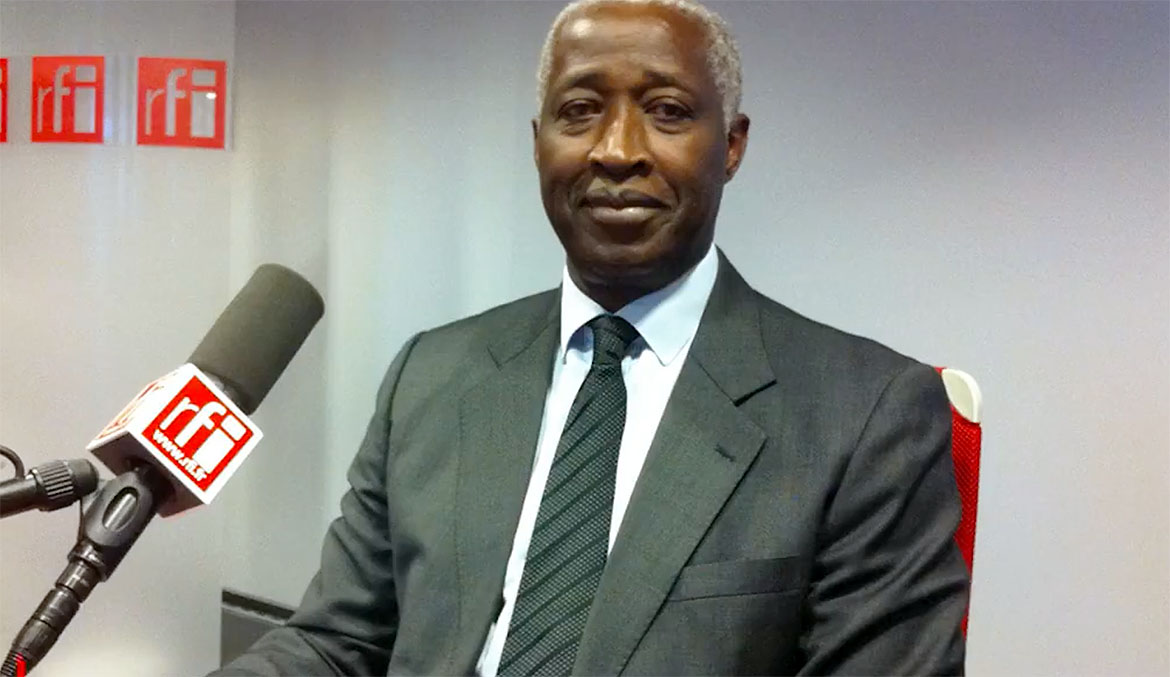”A 24-month transition period may give the junta-appointed government too much time to consolidate power and suppress opposition,” writes Baya Osborn in this political commentary. What is really going on in Gabon after the coup?
The Gabon junta has appointed its former opposition leader as interim Prime Minister of the transitional government. Raymond Ndong Sima, who was born on January 23, 1955, is currently the Prime Minister of Gabon. He was previously Prime Minister from February 2012 to January 2014. After his appointment, Sima has been quoted as saying that a 24-month transition to elections in Gabon would be “reasonable” after last month’s coup.
It is good to start with a reasonable goal by saying: We hope to see the process completed within 24 months so that we can return to elections.
General Brice Nguema, who was proclaimed the Gabon transitional president, promised to hand back civilian rule early enough. Although he didn’t specify the period early enough, it’s clear it was going to be long.
The transitional chapter states that no member of the transitional government will be able to stand in the next presidential election. However, there is nothing that seems to prevent Oligui from taking part in the elections.
He has appointed senior officers in the new government. The officers will be in charge of many sectors that are handled by members of Ndong Sima’s new government.
Another interesting thing is that the new government that Ndong Sima announced on Saturday includes military figures and ex-ministers who served under ousted president Ali Bongo. None of the main opposition figures were included in this government. This is contrary to what Sima said:
“The principle announced” by the military, said Ndong Sima, “is that there is no longer either an opposition or a majority, so we are taking people in all political families”.
There is also a large presence of military officers in his cabinet, which has raised questions about how much freedom Ndong Sima will have as prime minister as well as the real power of his government. Could this also lead to the consolidation of power?
Is a 24-month transition reasonable enough for the junta to restore democracy in the country?
Certain factors make this transition period unreasonable. When a junta-appointed government has too much time to consolidate power and suppress opposition, it can lead to a lack of democracy and human rights abuses.
This scenario can be related to Myanmar’s military junta, which has been accused of doing anything to consolidate power. It has also been faced with accusations of suppressing opposition and rigging elections.
Military governments are always known for suppressing opposition and consolidating power, which often leads to human rights abuses. Ondo Ossa, the leader of the main opposition party, is sidelined in the formation of the government. In his previous comments from my story here, Gabon’s coup leader boldly says he will not go into elections:
“You think you’re saving your country, but then you realize you’re back to square one. It’s embarrassing,”
A few days before Ndong Sima was named prime minister, he told AFP that he was “interested” in the upcoming elections.
“The situation of the country requires everyone to make a small compromise on their position.”
A 24-month transition period may give the junta-appointed government too much time to consolidate power and suppress opposition. This could ultimately lead to a lack of democracy and human rights abuses. Instability and uncertainty in the country will eventually be imminent, and there will be political unrest.
Therefore, it is important to ensure that the transition period is transparent, inclusive, and accountable. This will ensure there are free and fair elections as soon as possible to prevent the junta-appointed government from consolidating power and suppressing opposition.
By Baya Osborn, more articles by Osborn

 Osborn Baya (
Osborn Baya (